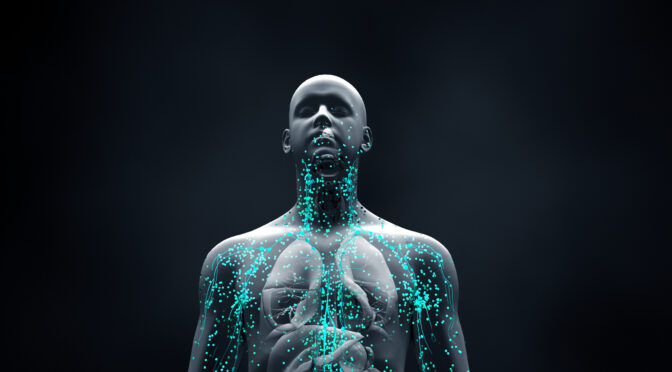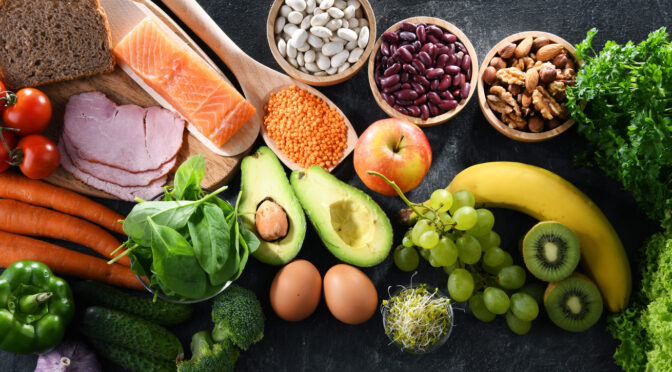When you or someone you love is diagnosed with cancer, learning as much as you can about this disease can be helpful. This knowledge can help you make decisions on cancer treatment and understand more about how this disease develops.
What Is Cancer?
Although you’ve probably heard about cancer for years, you might not know exactly what it is. Cancer is a disease that causes cells in your body to grow and multiply in an abnormal way. Usually, your cells normally grow when certain signals in your body tell them to. Cancer cells don’t need these signals in order to grow. Instead, they grow on their own. These cells also don’t pay attention to signals that tell them to stop growing.
In some cases, cancer cells can spread to other parts of the body, which is known as metastasis. Cancer cells typically form tumors that are able to grow and travel to other areas of your body. Certain types of cancer, such as blood cancers, do not usually have solid tumors.
Cancer Development
How does cancer develop? This disease can develop when changes in certain genes occur. These genes are responsible for controlling how cells grow and divide, so changes to them can result in abnormal growth.
These genetic changes can occur for different reasons, such as DNA damage from the sun’s ultraviolet rays or cigarette smoke. In some cases, these changes are inherited from parents. In other cases, errors during cell division can lead to these changes.
Ways to Treat Cancer
Different treatment options for cancer include chemotherapy, radiation, surgery, and immunotherapy. Each option treats cancer in a different way.
If you’re interested in learning more about immunotherapy for cancer, please contact Issels® today. We can help you learn more about this type of cancer treatment.






